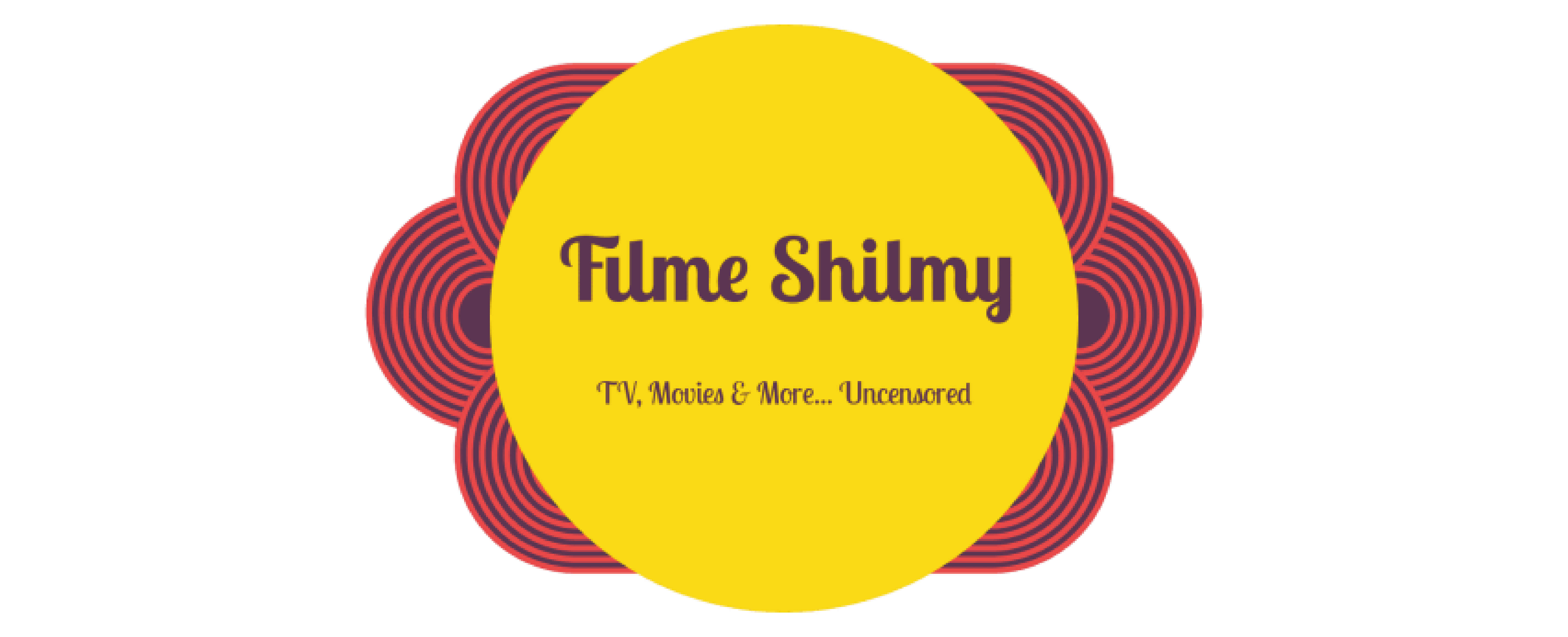Ramesh Sippy is a legendary Indian filmmaker and winner of the civilian honour Padma Shri.
The veteran Indian film director and producer is best known for directing the popular and critically acclaimed film Sholay.
That blockbuster multi-starrer consists of Amitabh Bachchan, Sanjeev Kumar, Hema Malini, Jaya Bachchan, Dharmendra and Amjad Khan, amongst others.
Sholay reinterpreted the spaghetti western genre within the structure of Indian cinema, ranked first in the BFI’s 2002 poll of the Top Ten Indian Films of all time.
Alongside that iconic film, Sippy’s other directing credits include timeless classics of Indian cinema such as Andaz, Seeta Aur Geeta, Shaan and Saagar, to name a few.
Ahead of his on-stage conversation at the UK Asian Film Festival, Filme Shilmy caught up with the celebrated director.
Welcome to UK Asian Film Festival. How does it feel to be attending such a prestigious festival?
It’s a very lovely feeling.
Anything that promotes the culture of cinema makes me feel good.
Anything that encourages cinema and a festival like this will always be doing that.
It gives the young generation a lot of coverage and the feeling that they belong to this cinema.
Seeta Aur Geeta is amongst the first Indian films to exhibit female twins on celluloid. Whilst making the film, did you ever feel it would be so relevant to today?
I felt that this theme of twins which was common at the time, like Ram Aur Shyam.
I loved it and it was a huge hit. But when I saw the film, I somehow felt that showing Dilip Kumar as meek did not work.
The story works in essence because of the two parallels between the brother one being the weaker, whilst the other is strong and saves him.
It occurred to me instantly, ‘what if the characters were women?’ The way Seeta is enslaved by her relatives was more believable… It happens even until today.
A woman is always subjected to much more subjugation.
It is changing, which is good, but the audience could identify with the film because it happens more.
There’s always been this belief that the man is the superior member of the family and even now this thought is there.
A lot of girls today are taking the place of boys which is happening more and more.
Seeta Aur Geeta encouraged that feeling of women empowerment. So it was an important film.
But I didn’t make it immediately.
How come you didn’t make it instantly?
I waited for a gap of five years or so.
When I released Seeta Aur Geeta, the makers of Ram Aur Shyam approached me and thought I was going to have a legal battle with them.
But they were acquiring the rights to make it in Tamil and wanted to know about the cost for the rights.
I told them I was inspired by their film in the first place. So how could I take money from them?
I was thrilled for them to remake it.
I gave them the rights and they wanted to take on Hema Malini for that version and so they did.
The film propelled Hema ji to superstardom. Bearing in mind that was her initial stage as an actress, was it a risk signing her on for the role?
I actually wanted Mumtaz for the role.
She was the most accomplished at that point in time but was busy with half a dozen assignment which she couldn’t break away from.
I was in a hurry to make Seeta Aur Geeta whilst sitting in the dubbing of my first film as a director, Andaz.
At that point, I asked Hema Malini if she wanted to do the film, through the microphone whilst she was dubbing for Andaz.
She was like ‘what?’ and asked which role she will be playing, to which I responded saying both.
She was surprised about doing the film because she had just started her career but I said to her: “Yes, but you’re good.
You can do it, we’ll work on it, if you really put your heart and soul into it, then maybe we will even take the award” (smiles).
Sholay is considered to be an iconic film in Hindi cinema. Had this movie not happened, what or where do you feel your life would’ve been?
Ah, nobody has ever asked me that.
I guess I would’ve been one among the many other filmmakers in this industry – who has made good successful films.
But this 44 year of remembrance or recall for a film would not have happened.
I can’t ever say whether I would’ve made something else as iconic as Sholay but certainly, it was such a pleasure making it.
All my films will get a fair share of love, but this film will always stand out and it’s bound to.
Do you feel the iconic success of Sholay raised expectations from you as a filmmaker and did this impact your subsequent films like Shaan?
Audiences by in large did not get the same satisfaction from Shaan as they did with Sholay.
Nonetheless, a lot of people remember Shaan with a lot of affection.
The villain Shakaal is also remembered, but not to the extent as Gabbar Singh.
The music, set of Shakaal’s empire was a huge task and an achievement to have created and shot on it.
With the technology starting to come in, with the sharks in the background, the lifts rising up and down the underground, it was quite advanced for an Indian film.
If you’re a filmmaker, then regardless you must continue making movies.
I always like to make movies different from the ones I made earlier.
Whilst Shaan was still in the genre of action-adventure like the James Bond style films, it was different from the previous rural settings in my movies.
Given that you’ve made some excellent films, what do you feel is good and missing in today’s Hindi cinema?
It’s good in today’s cinema that there is no such thing as ‘time stands still’.
We need to change with the time and if you don’t, you will become irrelevant.
Today’s youngsters have different problems.
They are facing a whole different set of battles that they have to face, given that technology is taking leaps.
Nowadays no one can survive without a phone and such are the challenges of today.
As for the older generation, these are the challenges they need to overcome.
For the youngsters, they work on this is a support device which they cannot do without.
Plus, the problems outside technology are very different to so many years ago.
If you’re from that old world, there will always be nostalgia driven from film and music, like Aashiqui 2.
Different things will have a different place at a different time. So we need to understand and adapt to it.
If we don’t deal with the problems of today’s youngsters, then how will they identify with the film?
Listen to our candid interview with director Ramesh Sippy here:
Ramesh Sippy will be having an on-stage conversation at the Festival Closing Flame Awards Gala on Sunday 7th April at BAFTA 195, London.
For tickets and information, check out: www.ukaff.com













